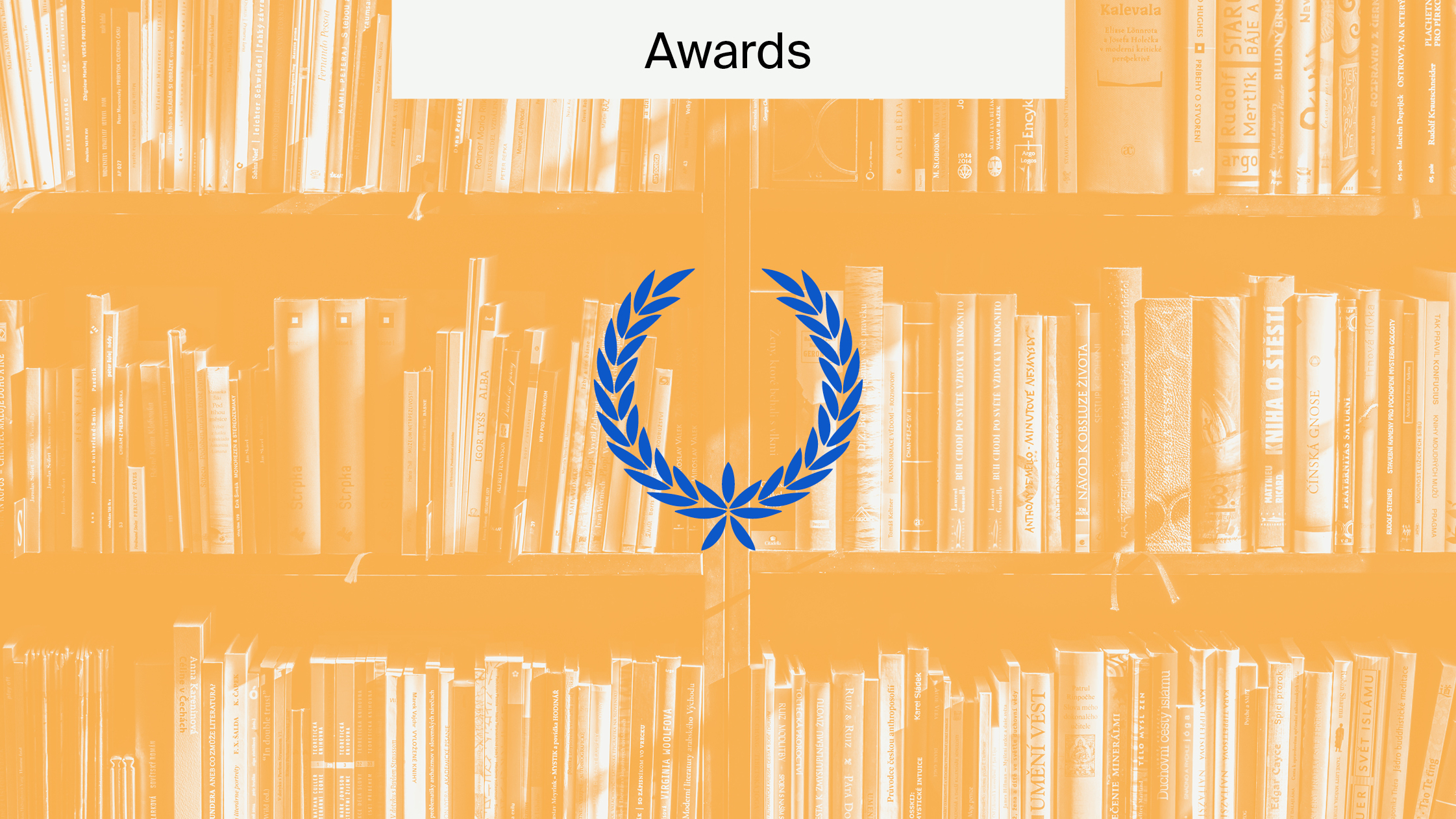
How to Advance as an Early Career Researcher
In the competitive world of academia, it can be difficult to forge your own path and advance as an early career researcher (ECR). ECRs are expected to be driven, independent workers and put out a steady stream of high-quality research. This can lead to a huge amount of stress in day-to-day life. In a sink-or-swim environment, if you haven’t developed the right skills, you can be easily overwhelmed by the substantial demands of your position.
Here, we’ve put together some tips to help you navigate this environment and succeed as an ECR.
Actively navigate your career
There isn’t a one-size-fits-all approach to working as an ECR. Guidance on how to organize your time can be quite indistinct. What works for one person may not work for another.
Generally, you have to be proactive. You need to watch out for opportunities and roles that can provide you with relevant experience. You should also look for courses to develop soft skills or other areas that will give you useful experience.
One of the most useful things to learn is how to write funding applications. You can also widen your search to include potential funders who may not advertize the fact that they may be interested in funding research; if your area of study in some way aligns with their interests, you could seek their support.
Coping with impostor syndrome
At one time or another, all of us have had to deal with impostor syndrome.
Impostor syndrome involves crippling feelings of self-doubt. You may believe that you do not belong in your position. The competitiveness in academia can be a double-edged sword. It ensures that researchers are performing at their best but can serve to feed insecurities.
When surrounded with other high achievers, it can be easy to compare yourself to them. This runs the risk of you devaluing your own accomplishments and can tarnish your self-image, which may result in dwindling motivation, making it difficult to advance as an early career researcher.
It can be beneficial to be introspective and look for the signs of impostor syndrome: Do you feel as though you shouldn’t be in your position? Is your fear of failure paralyzing? All we can do is recognize these emotions and address them by looking at our successes.
Time management
Arguably the biggest asset that an ECR can have is the ability to manage their time effectively. Careers in academia require keeping on top of multiple tasks, which can be stressful.
One way to improve your time management skills is to list your tasks in order of importance. Starting with the most difficult, work through each task one at a time. This will not only get easier as you move on to the less complicated jobs, but also breaking it down into bite-sized chunks and ticking them off as you complete them will make it less likely that you lose motivation. It is important not to multitask: research shows that your brain is incapable of focusing on more than one thing at once.
Also, it is important to manage distractions. It’s easy to waste hours procrastinating when you know you have a difficult day ahead.
- Lock your phone away where it can’t distract you.
- Download website blockers on your computer to prevent you scrolling through social media
- Establish a quiet working space where it is unlikely that you’ll be disturbed
Establish the importance of your research niche
Explaining exactly what it is about your research that makes it so exciting will help cultivate interest. And reiterating exactly what the long-term benefits of your area of study are will also help you to maintain focus and not lose sight of your end goal. If you’re excited about your work, chances are others will feel the same.
Therefore, it is important that you familiarize yourself with the research landscape and peers in your field. That way, you can clearly demonstrate exactly what is lacking, and why your work will start to fill in these research gaps. This is arguably the most important aspect of writing funding proposals. You have to understand where your work fits in and be able to communicate its importance in the wider context of your field. This will help you to advance as an early career researcher.
Look after your physical and mental health
Research has repeatedly shown that physical exercise has a huge impact on mood. It’s been proven that going on a walk, or any other form of exercise, can significantly improve your symptoms. It can also be integrated in your daily routine as an effective way to manage stress.
One MDPI study found that fitness dancing significantly improved symptoms of stress in female PhD students, helping them to better regulate their emotions. Another found that levels of depression and depressive symptoms were much higher in a physically inactive cohort, with the physically active group being significantly better equipped to deal with stressful situations. Not only this, but establishing a solid exercise routine can also help prevent cognitive decline in later life.
All this helps builds a strong framework around which you can carry out your research activities, allowing you to better cope with stressful situations and maximize your output.
Being early in your research career presents unique challenges and opportunities. Let us take some of the stress away. We’ve got so many articles on the MDPI Blog, with excellent advice about how to advance in your field. Take a look at our overview article on early career researchers to get started.











Thank you for the wonderful advice.
Thank you for your comment Dominic! If you liked this article, you may be interested in our guide for early career researchers: https://blog.mdpi.com/2022/11/16/early-career-researcher-guide/